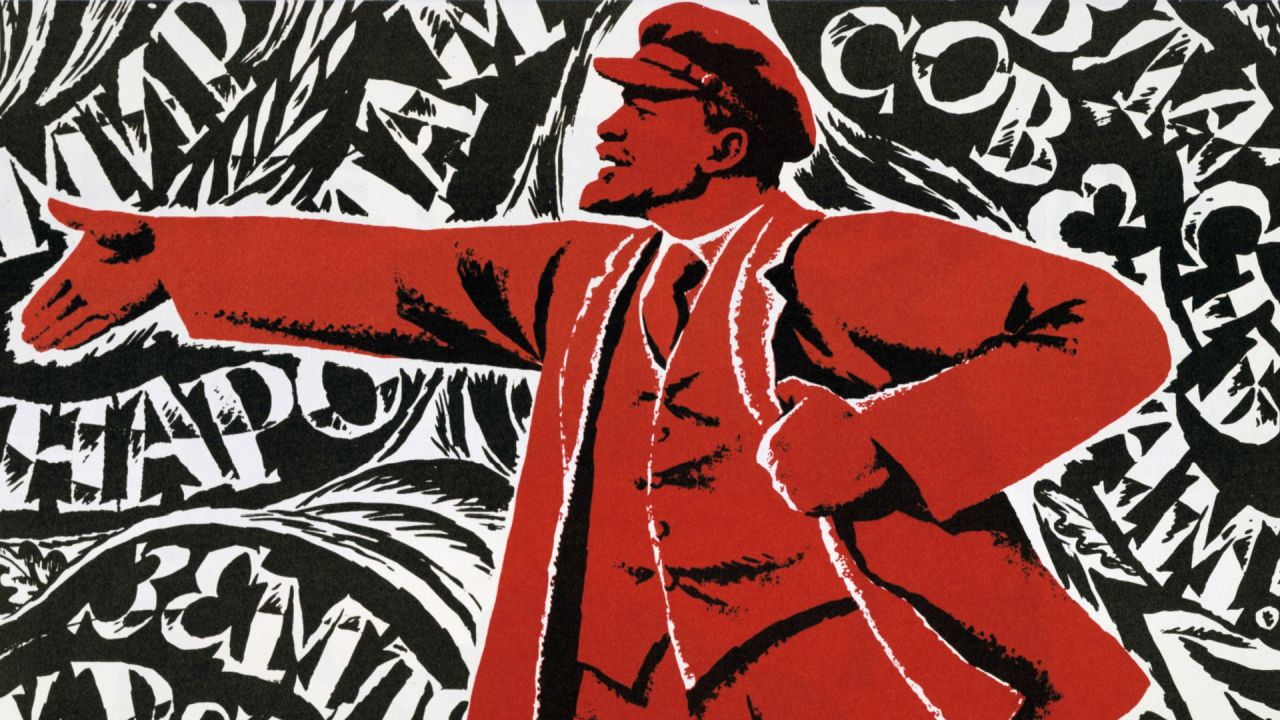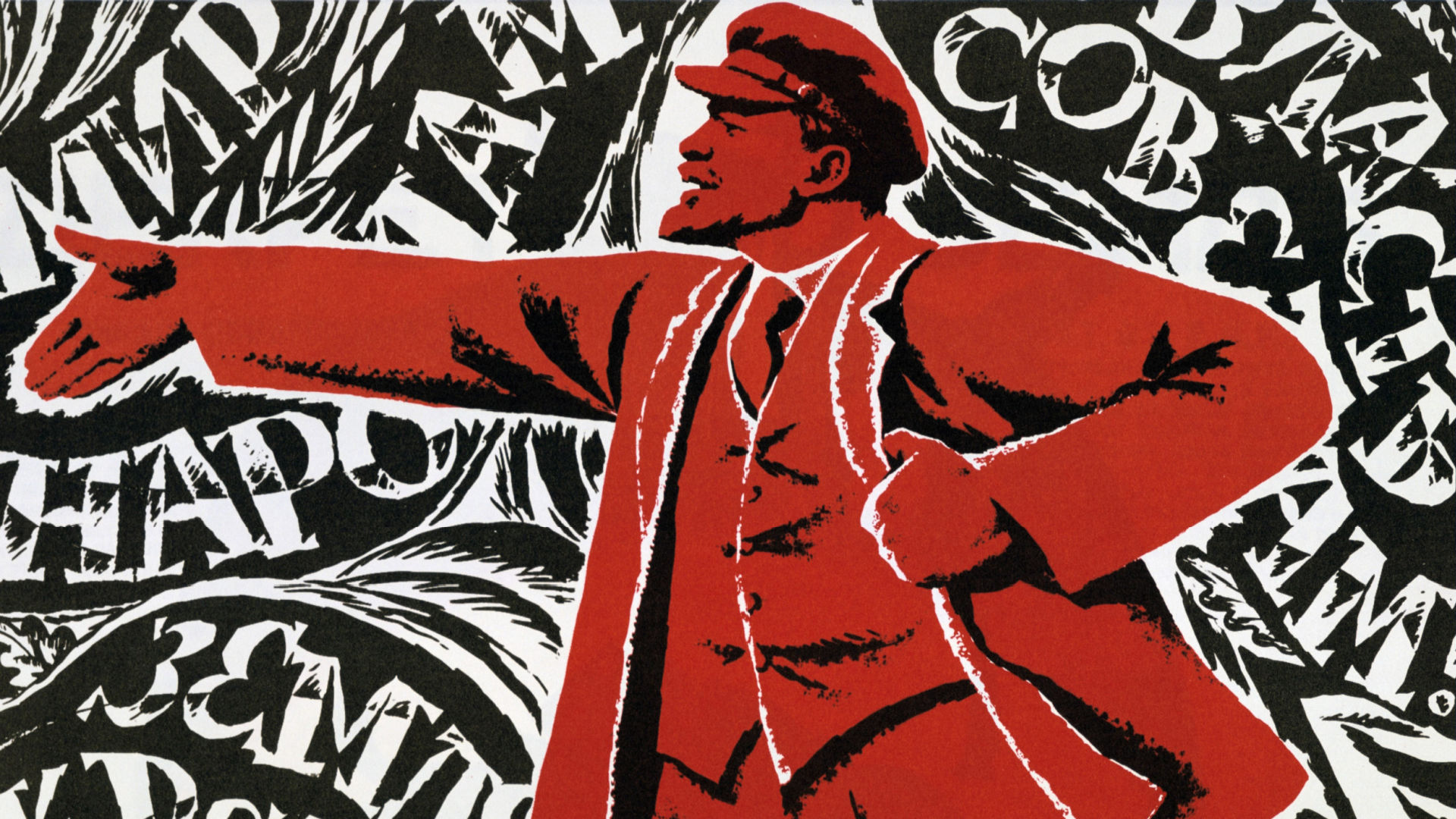The upheavals convulsing the Russian empire in 1917, Victor Sebestyen argues convincingly, were the seminal happenings of the past century. From them directly stemmed the second world war, the Cold War, the collapse of European imperialism and the dangerous world we inhabit today. There are many weighty modern accounts of these epochal events by historians such as Richard Pipes, Robert Service and Orlando Figes, and it is these that Sebestyen chiefly relies on in this brisk, well-informed and chilling account. He makes no pretence of original research.
How did Trotsky’s childlike vision become a nightmare system, dependent on evil, oppression and violence?
‘The Russian Revolution’ is something of a misnomer as, strictly speaking, there were two such eruptions in 1917: a genuine, spontaneous revolution in February, and the planned coup d’etat by the Bolsheviks in October that founded the Soviet state. The motives of this tightly knit group of men were laudable, even idyllic. In the words of Trotsky, one of the main movers:
I can see bright green strips of grass, clear blue sky and sunlight everywhere. Life is beautiful. Let future generations of people cleanse it of all evil, oppression and violence and enjoy it to the full.
So what went wrong? How did this childlike vision become a nightmare system, itself dependent on evil, oppression and violence? A system in which Trotsky, for all his later protestations of innocence, was mired in blood. Challenging Marx’s dictum that impersonal factors rather than individuals are the moving forces of history, Sebestyen focuses on one man as primarily guilty of both making and perverting the revolution – Vladimir Ulyanov, otherwise known as Lenin, the fanatical polemicist who returned from Swiss exile, bullied his more timid comrades into seizing power and then insisted that the new society he was creating had to be more cruel, rapacious and murderous than its enemies to survive.








Comments
Join the debate for just £1 a month
Be part of the conversation with other Spectator readers by getting your first three months for £3.
UNLOCK ACCESS Just £1 a monthAlready a subscriber? Log in